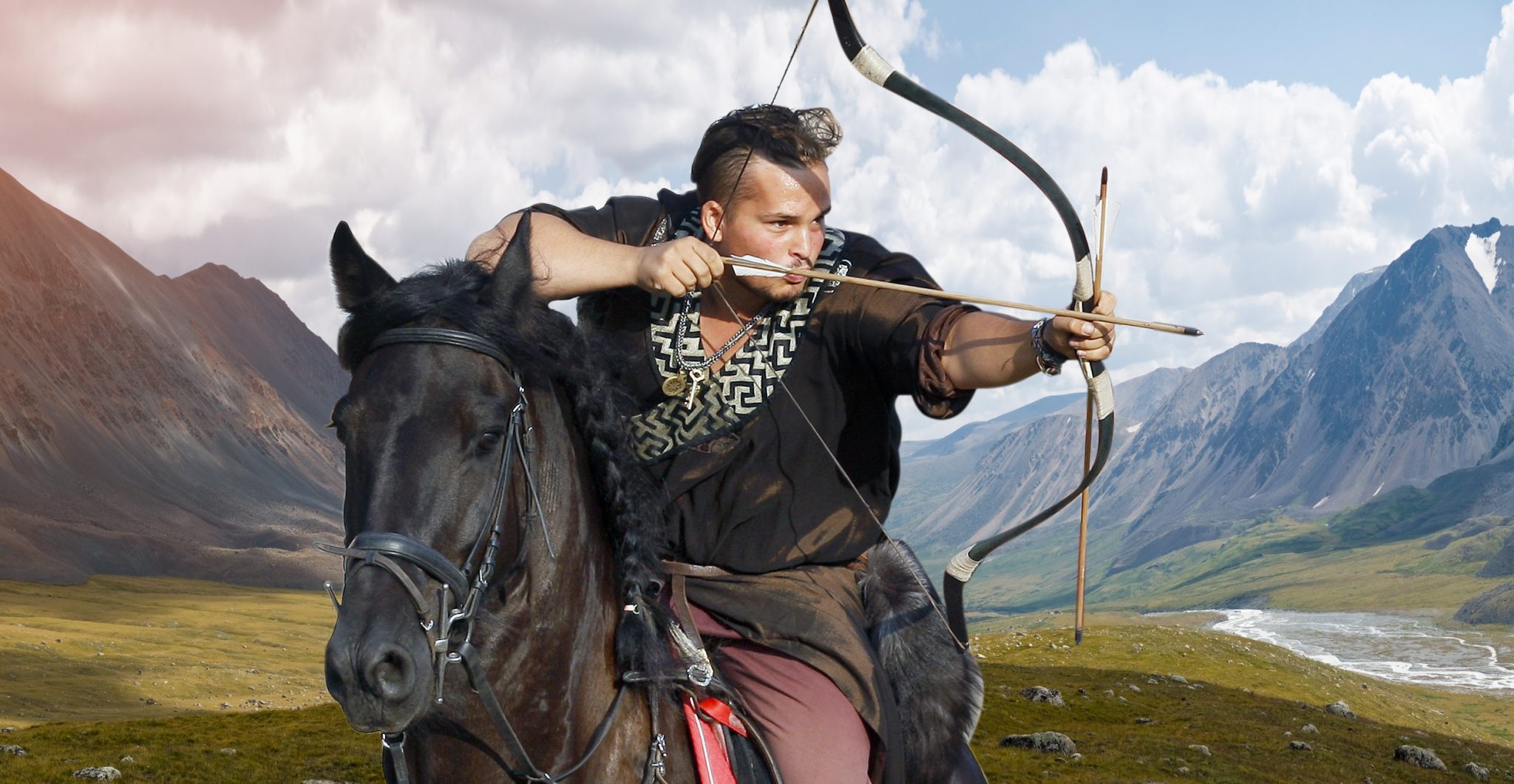The ancient world was not a pretty place, full of what were called “barbarians”. Before civilization was in full swing, many tribes of nomadic people populated the landscapes of Europe, Asia, and the Americas.
Some of these tribes would grow in power, enough to create their own civilizations, where others would be doomed to dwindle and vanish into obscurity. If not for the works of early historians, such as Herodotus, many of these tribes would have been lost in time, conquered or eradicated by stronger and bigger tribes.
Herodotus was a Greek historian who eschewed the storytelling traditions of preserving history and instead treated history as something worthy of investigating. He did fact-finding, spoke to witnesses and worked to create historical narratives that were grounded more in reality than myth. This isn’t to say that his work was entirely reliable, but without his accounts, we would not have many insights into the history of the ancient world.
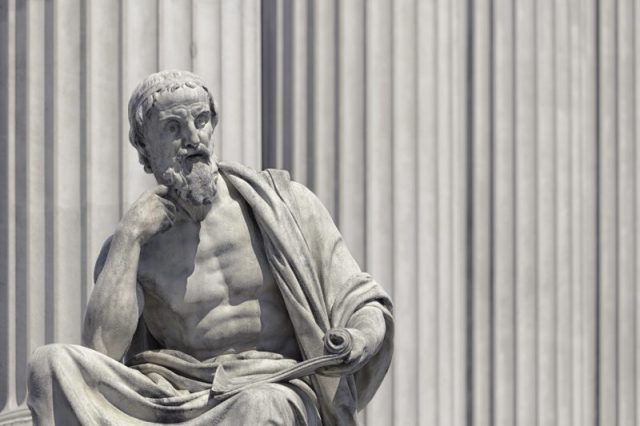
There are many fascinating accounts provided by Herodotus in his books, known as The Histories. Some stories talk about war, others about leadership failures. There are a great many interesting and fantastical narratives woven through his works. Some stories might be harder to believe than others, and it’s important to take his work with a grain of salt, but he was genuine in his attempts to preserve the history of his time.
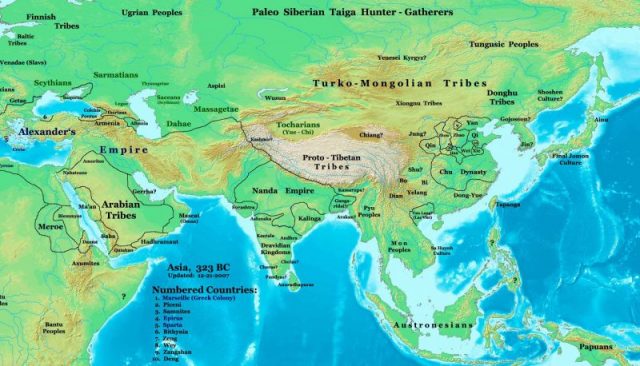
One story that Herodotus shared was that about the fearsome and strange Massagetae tribe. The Massagetae were a nomadic people who lived in the steppes of Central Asia. Believed to have originated from the Scythian tribes, the prefix “massa” translates to strong or great, thus making their name Strong Getae. And strong they were.
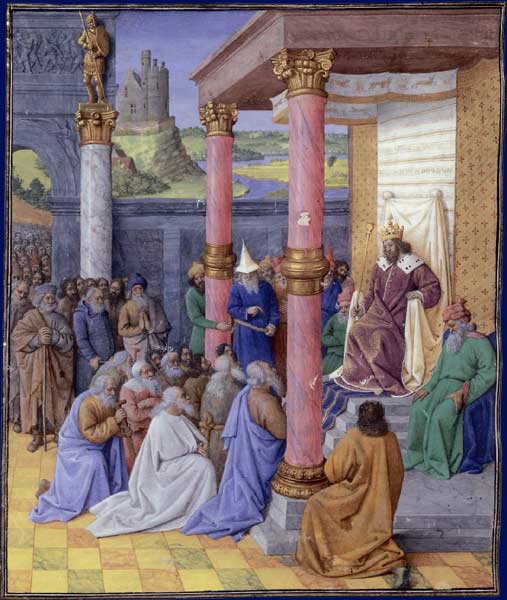
The Massagetae people were fearsome warriors who preferred to wield battle-axes in combat. Skilled with horseback archery, hand to hand combat and brassworking, the tribal warriors were not to be taken lightly. According to Herodotus, it was at the hands of these people that Cyrus the Great finally met his fate. It was said that Cyrus the Great, the powerful king of Persia, sought to take control of the Massagetae’s territory.
At first, he attempted to marry their queen, but was rebuffed. Failing diplomacy, Cyrus took his army and marched onto their territory to seize it by force. It was there that he met with violent resistance from the Massagetae warriors who fought with sheer might. While many Massagetae died that day, they were able to overpower and slay Cyrus, ending the legacy of a mighty man who had conquered many.
Perhaps if Cyrus had known more about the rites and customs of the Massagetae, he would have been more hesitant to engage in war with them. For while they were fierce warriors, the Massagetae had one custom that was utterly terrifying and by all standards of the modern world, completely barbaric.
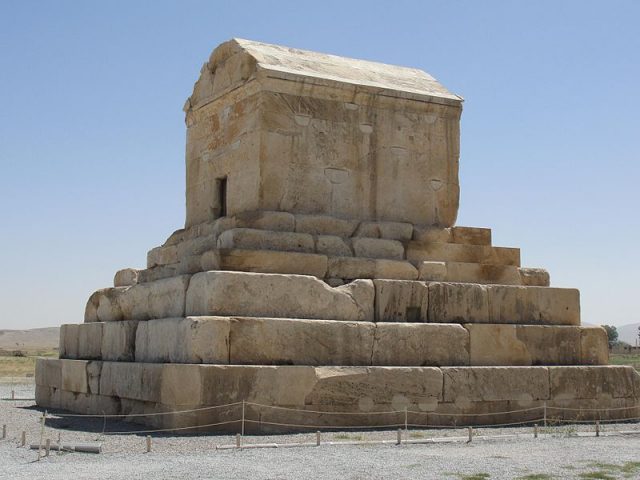
According to Herodotus’ accounts, few men died of old age within this tribe. Rather, when a man was reaching the end of his life, his family would come together and sacrifice him to their god, the sun. After the sacrificial ceremony, his body would be boiled and ritually served to his gathered family members.
Such a practice was thwarted if a man were to die of disease or illness. There would be a great deal of sorrow and agony as they believed that to be sacrificed was a good thing that would bring great happiness to the man who gave up his life to the gods.
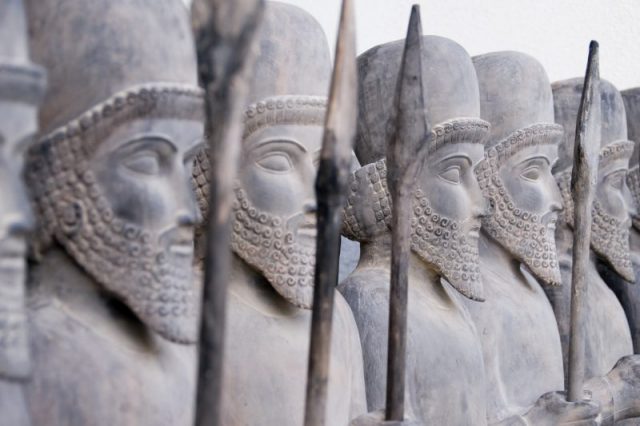
These practices are undoubtedly disturbing for many people, especially when you consider the fact that the Massagetae elders were willing participants in it. However, that was simply life for an ancient people in a dark time period.
Read another story from us: Wealthy Europeans consumed ground mummies
These fierce warriors, who were also said to drink the life fluid of horses, would fade from history, only remembered thanks to the preserved works of The Father of History, Herodotus.
Andrew Pourciaux is a novelist hailing from sunny Sarasota, Florida, where he spends the majority of his time writing and podcasting.
